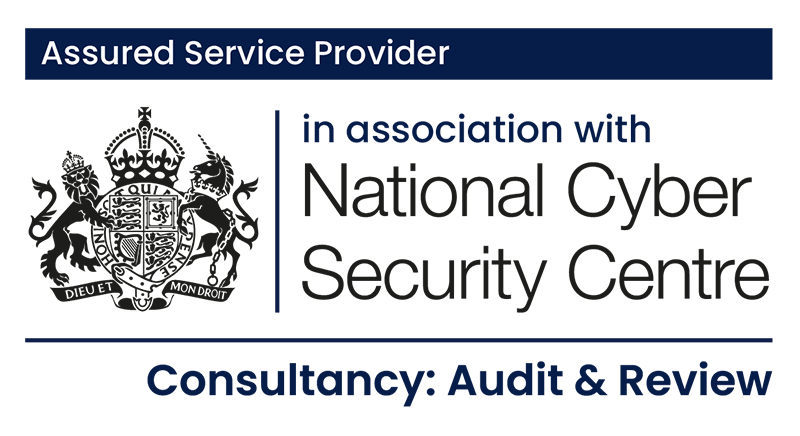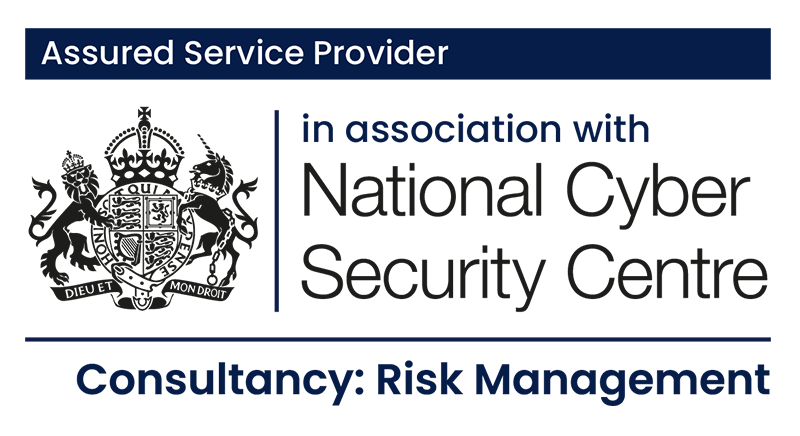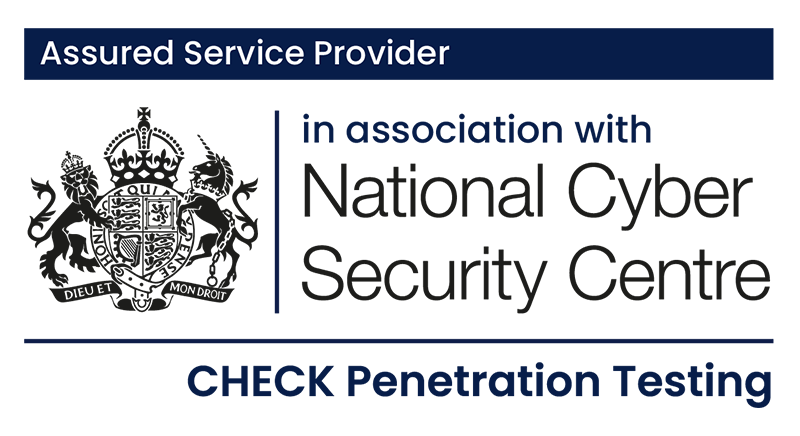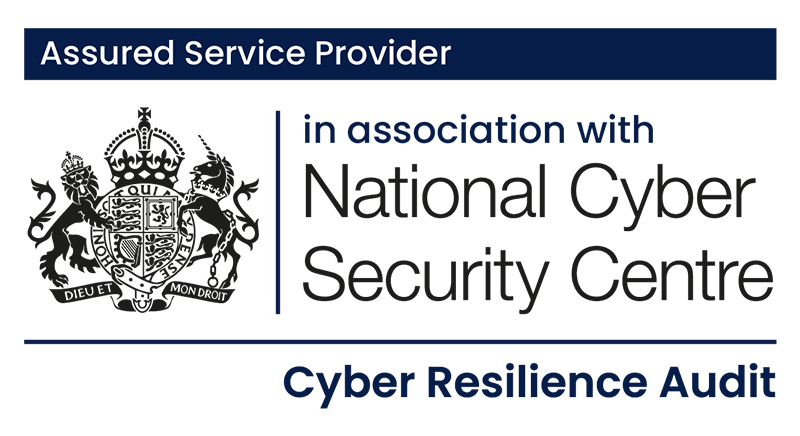Over the past decade, businesses have moved significant volumes of data and applications to public cloud services. Many organisations did this as they wanted easy access to scalable, flexible infrastructure at a low cost compared to traditional infrastructure and data storage options. However, many businesses are now realising that the public cloud isn’t always the best fit. Hidden costs, performance issues, compliance concerns, and security risks are driving a shift back to dedicated hosting solutions.
In this blog article Cyberfort Cloud and Data Centre professionals discuss why moving workloads from hyperscale public clouds to a specialist hosting provider can offer greater control, cost efficiency, and performance optimisation.
What is Cloud Repatriation?
Cloud repatriation has increasingly become a growing discussion point for IT teams over the past 12 months. This is because many businesses are realising due to the complexity and critical nature of their data being stored in the public cloud, the services they have chosen may not be as secure and compliant as they first envisaged.
So, what do we mean by cloud repatriation? In summary cloud repatriation means shifting the balance between the cloud and on premises hosting infrastructure. This type of migration can happen for many different reasons including wanting cost certainty, having dedicated specialist teams to address performance issues, and ensuring data centres where data is stored, is secure and compliant with country and industry regulations, or as the result of a business reassessing their overall cloud strategy.
It is important to note that cloud repatriation should not be viewed as a replacement of a cloud computing strategy. It’s a strategy to reflect the changing nature of IT decision-making, where businesses are evaluating and adjusting their technology models to align with changing business demands. It is also critical to address the misconception that cloud repatriation represents taking a step backwards. Some people may view on premises models to be secondary option to public cloud hosting, especially if an organisation previously had a ‘cloud first’ strategy in place. At Cyberfort we believe it is a strategic decision focused on optimising resource allocation, ensuring performance levels are met, and mitigating compliance and security risks.
Why organisations should be considering cloud repatriation
Based on our experience at Cyberfort and from discussions we have had with our customers over the past 12 months, there are 7 key reasons why businesses are considering cloud repatriation. In the next section of this article, we will explore each of the 7 areas to help readers decide if cloud repatriation is the right choice for their business.
![]() Cost Certainty
Cost Certainty
One of the biggest myths with moving to the public cloud is that it always results in cost savings and cost management is easy to control. The pay-as-you-go model may seem attractive initially, but as businesses scale and their needs grow, cloud expenses can spiral out of control. Data egress fees, API call costs, and storage expenses can often lead to unpredictable pricing. Additionally, companies often end up paying for unused or underutilised cloud resources when committing to reservations or savings plans, further inflating their IT spend. It is estimated by a number of industry commentators that 30%+ of public cloud spend is wasted each year for example.
By repatriating workloads to a specialist hosting provider, businesses can benefit from fixed pricing models that align with their actual resource needs. Dedicated hosting solutions eliminate unpredictable expenses and provide greater visibility into long-term costs. Additionally, businesses can leverage ‘right-sized infrastructure’, ensuring they pay only for the resources they need. This approach not only brings financial stability but also allows for better budget forecasting, reducing the risk of unexpected operational costs. With the right hosting provider, companies can optimise their IT spending while maintaining high-performance infrastructure.
![]() Performance and Latency Improvements
Performance and Latency Improvements
Public cloud environments operate on a shared infrastructure, meaning businesses often contend for resources with other tenants. This can result in unpredictable performance fluctuations, latency issues, and bottlenecks, especially for applications requiring real-time processing, high availability, or intensive workloads such as data analytics and machine learning.
Repatriating to a specialist hosting provider ensures businesses receive dedicated resources that are optimised for their specific use cases. This setup allows for greater consistency in application performance, as companies are no longer at the mercy of cloud provider traffic congestion or ‘noisy neighbours’ in multi-tenant environments. Specialist hosting providers also offer tailored network configurations, allowing businesses to optimise connectivity and reduce latency by placing workloads closer to end-users or integrating directly with private networks.
Additionally, dedicated infrastructure minimises downtime and enhances reliability. Hosting providers like Cyberfort can offer service level agreements (SLA’s) that guarantee performance thresholds, ensuring that data and applications remain highly available. With more granular control over hardware and network resources, businesses can make their IT environments ready for peak efficiency, ultimately improving user experience and operational effectiveness.
![]() Enhanced Security and Compliance
Enhanced Security and Compliance
Security concerns are among the top reasons organisations are reconsidering their reliance on public cloud providers. While hyperscale cloud platforms offer extensive security tools, they operate on a shared responsibility model, meaning businesses must still manage their own configurations, access controls, and compliance requirements. Misconfigurations, insider threats, and third-party dependencies introduce security vulnerabilities that can be challenging to mitigate in a complex cloud environment.
By moving workloads to a specialist hosting provider, businesses can leverage dedicated security architectures tailored to their specific regulatory needs. For example, at Cyberfort we offer fully managed security services, including firewalls, intrusion detection systems, data encryption, and dedicated security monitoring. Unlike public cloud platforms, which require businesses to implement their own security measures, specialist hosting providers like Cyberfort can include these protections as part of their service offerings.
Compliance is another critical factor. Industries such as retail, finance, and government must adhere to strict data protection regulations like GDPR, PCI-DSS and SOC 2. Specialist hosting providers often have expertise in regulatory compliance, ensuring businesses remain in alignment with industry standards while minimising the burden of managing complex compliance requirements internally.
![]() Greater Control and Customisation
Greater Control and Customisation
One of the main downsides of public cloud environments is their standardised approach to infrastructure deployment. While this model works well for companies seeking rapid scalability, it often forces businesses to adapt their applications to fit within a rigid framework. This lack of flexibility can lead to inefficiencies, as organisations may be unable to adjust their environments for optimal performance.
Repatriating workloads to a specialist hosting provider allows businesses to regain full control over their infrastructure. Companies can customise their hardware specifications, operating systems, and networking configurations to match their unique requirements. This level of control enables businesses to deploy mission critical applications with the exact requirements they need to deliver the right performance for end users, ensuring better resource utilisation and performance optimisation.
Additionally, specialist hosting providers will offer tailored service models, allowing IT teams to select the level of management they require. Whether a business needs fully managed hosting or just infrastructure support, they can work with providers to create a customised solution. This flexibility ensures that IT teams can focus on strategic initiatives rather than dealing with cloud platform limitations and vendor-imposed restrictions.
![]() Data Sovereignty and Reduced Vendor Lock-In
Data Sovereignty and Reduced Vendor Lock-In
Public cloud providers often use proprietary technologies and pricing structures that make migrating workloads complex and expensive. Vendor lock-in can severely limit an organisation’s ability to shift its IT strategy or adapt to changing business needs. Additionally, data sovereignty concerns arise when businesses operate in regions with strict regulations on where data can be stored and processed.
Repatriating workloads to a specialist hosting provider gives businesses more control over their data, ensuring compliance with regional regulations. Many hosting providers offer data residency options, allowing organisations to choose where their data is stored. This is particularly important for industries subject to legal restrictions on data movement, such as financial services, healthcare, and government.
Open-source and hybrid hosting solutions provided by specialist providers allow businesses to avoid reliance on a single cloud vendor. By maintaining infrastructure that is not tied to proprietary cloud technologies, organisations gain the flexibility to transition between hosting environments as needed. This reduces long-term risks and provides a strategic advantage by preventing cloud lock-in constraints from limiting future innovation.
![]() Sustainability and Energy Efficiency
Sustainability and Energy Efficiency
As organisations strive to reduce their environmental impact, the sustainability of IT infrastructure has become a critical consideration. While public cloud providers claim to operate energy-efficient data centres, their sheer scale results in significant energy consumption and carbon emissions. Businesses looking to enhance their corporate sustainability initiatives may find that repatriating workloads to a specialist hosting provider presents a greener alternative.
Specialist hosting providers often deploy energy-efficient hardware, optimise data centre cooling systems, and utilise renewable energy sources. Some providers also prioritise sustainable practices, such as carbon-neutral operations, server recycling programs, and lower overall power consumption. By working with environmentally conscious hosting providers, businesses can actively contribute to reducing their carbon footprint.
Having the ‘right-sized’ infrastructure plays a crucial role in energy efficiency. Unlike public cloud environments that encourage over-provisioning, specialist hosting providers design customised solutions that align with actual resource needs. This prevents unnecessary energy waste and ensures that IT resources are utilised as efficiently as possible. For organisations committed to sustainability, moving away from hyperscale public clouds can be a strategic step toward achieving environmental goals.
![]() Improved Support and Service Quality
Improved Support and Service Quality
Public cloud providers serve millions of customers, making personalised support difficult to obtain. Many organisations struggle with slow response times, automated troubleshooting systems, and limited access to expert engineers. When critical applications experience issues, businesses may face delays that impact operations and customer experience.
Specialist hosting providers, by contrast, offer high-touch, customer-focused support. For example, at Cyberfort we have dedicated engineering teams available to each customer. Businesses benefit from direct access to experienced engineers, proactive monitoring, and customised service agreements tailored to their operational needs. Unlike the generalised support provided by hyperscale cloud providers, specialist hosting providers take a hands-on approach to problem resolution.
Specialist providers can also offer more flexible support models, including dedicated account managers and 24/7 monitoring services. This ensures that businesses receive timely assistance when issues arise, minimising downtime and improving overall reliability. For businesses that depend on mission-critical applications, high-quality support can make a significant difference in maintaining business continuity.
Final Thoughts
While the public cloud remains a viable option for certain workloads, it is not always the best solution for every business. Cloud repatriation to a specialist hosting provider can offer cost certainty, performance aligned to your businesses unique KPI’s, enhanced security, and greater operational control. By moving workloads to a more tailored and predictable environment, businesses can optimise their IT strategy while reducing risks and inefficiencies. Organisations seeking to regain control over their infrastructure should seriously evaluate whether cloud repatriation is the right move for their business.
For more information about Cyberfort colocation and data centre services contact us at [email protected].






















